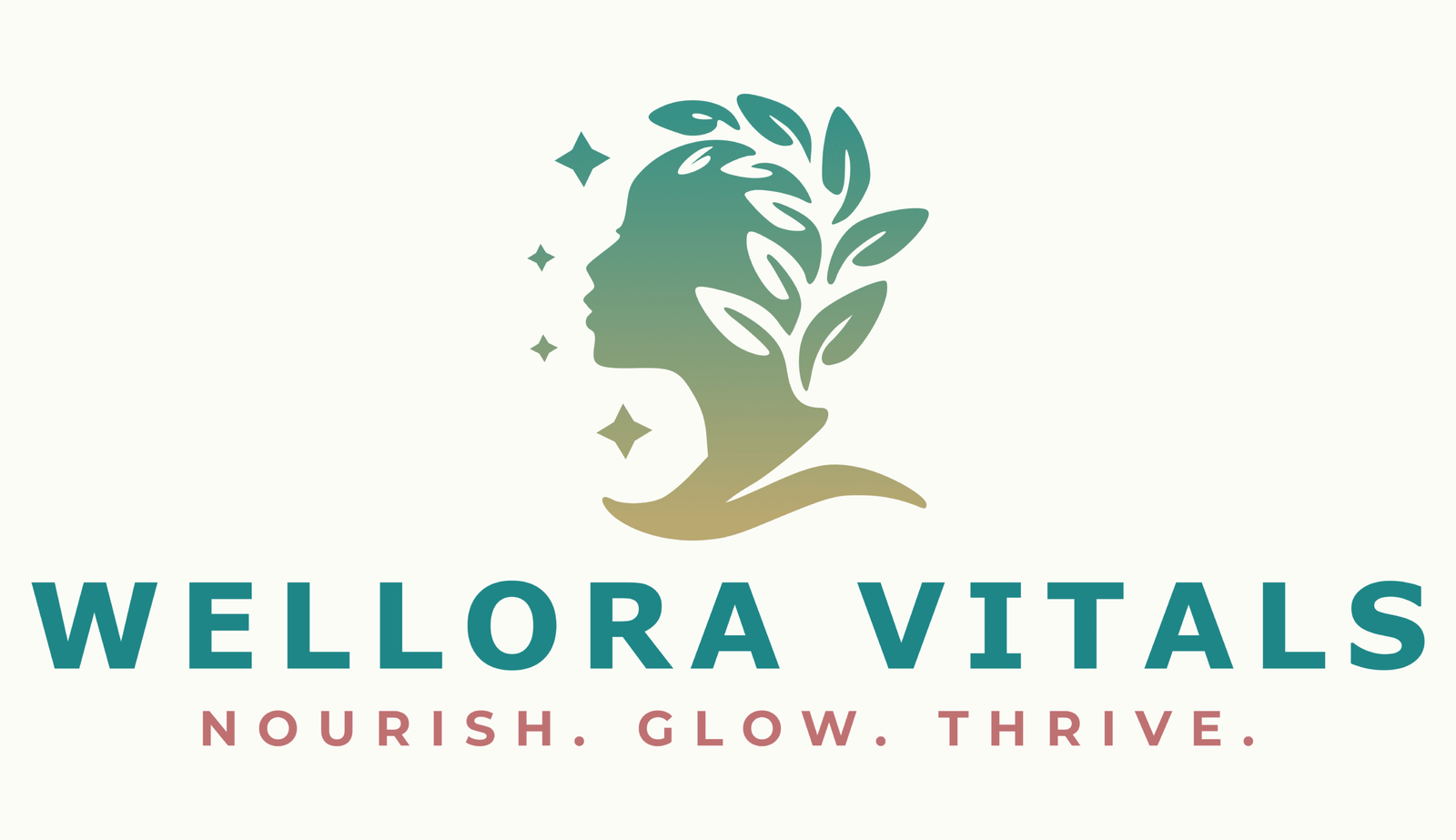Free Shipping on All U.S. Orders Over $80 | Hassle-Free Returns
Do You Really Need Supplements If You Eat Healthy? (Answered)
We’ve all heard that eating a balanced, nutrient-rich diet is the key to a healthy lifestyle. But with the rise of health trends, supplements have become a staple in many people’s wellness routines. But do you really need supplements if you eat healthy?
In this article, we’ll dive into the science of nutrition, examine the gaps in our diets, and explore how supplements can fill those gaps — even for those who prioritize healthy eating. Whether you're looking to optimize your energy, skin, or overall well-being, this post will help you determine if adding supplements is the right choice for you.

